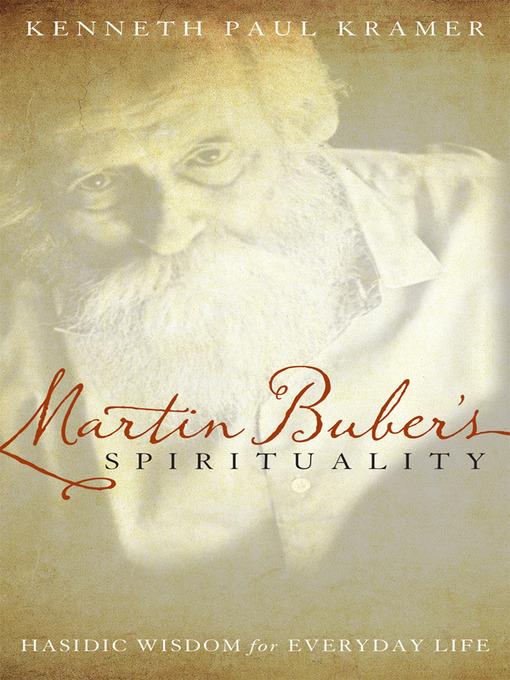
Martin Buber's Spirituality
Hasidic Wisdom for Everyday Life
کتاب های مرتبط
- اطلاعات
- نقد و بررسی
- دیدگاه کاربران
نقد و بررسی

February 6, 2012
Martin Buber, who died in 1965, was a philosopher, Zionist, lover of Hasidism, scholar, professor, and prolific author, best known for introducing the idea of I-Thou (as contrasted with I-It) to characterize the desired relationship between individuals and between a person and God. In 1948, Buber gave six lectures in Holland, called "The Way of Man According to the Teachings of Hasidism."Author Kramer, who knew Buber and is professor emeritus of comparative religious studies at San Jose State University, asserts that these talks are Buber's "most profound presentation of spiritual life and faith." Kramer offers his summary of each lecture; his commentary on them; the Hasidic stories with which they began and ended; anecdotes from Buber's life, stressing the lesson being taught; and questions designed to help readers incorporate the teaching into their lives. The first three lectures aim to prepare people for spiritual change and the last three offer insights as to how individuals can fulfill their lives through meaningful connections to others and with events. Kramer has largely succeeded in making Buber's complex ideas accessible and understandable. -

January 1, 2012
Martin Buber (1878-1965) is perhaps more referenced than read; he was the originator of the I-Thou concept in religious philosophy, which opines, in part, that we must experience one another, and ultimately, God, as constituents in a dialog without limits. The inherent challenge in living out his ideas as well as his Hasidic background and use of Hasidic spirituality and tales to make his points contribute to preventing many readers from the very sort of engagement he would have championed. Kramer (comparative religious studies, emeritus, San Jose State Univ.; Martin Buber's I and Thou) goes a long way to bridge that gap through his accessible explication of six of Buber's crucial essays. VERDICT This brief, engaging analysis of an important Jewish writer's spirituality is recommended for Jewish and non-Jewish readers.
Copyright 2012 Library Journal, LLC Used with permission.

























دیدگاه کاربران